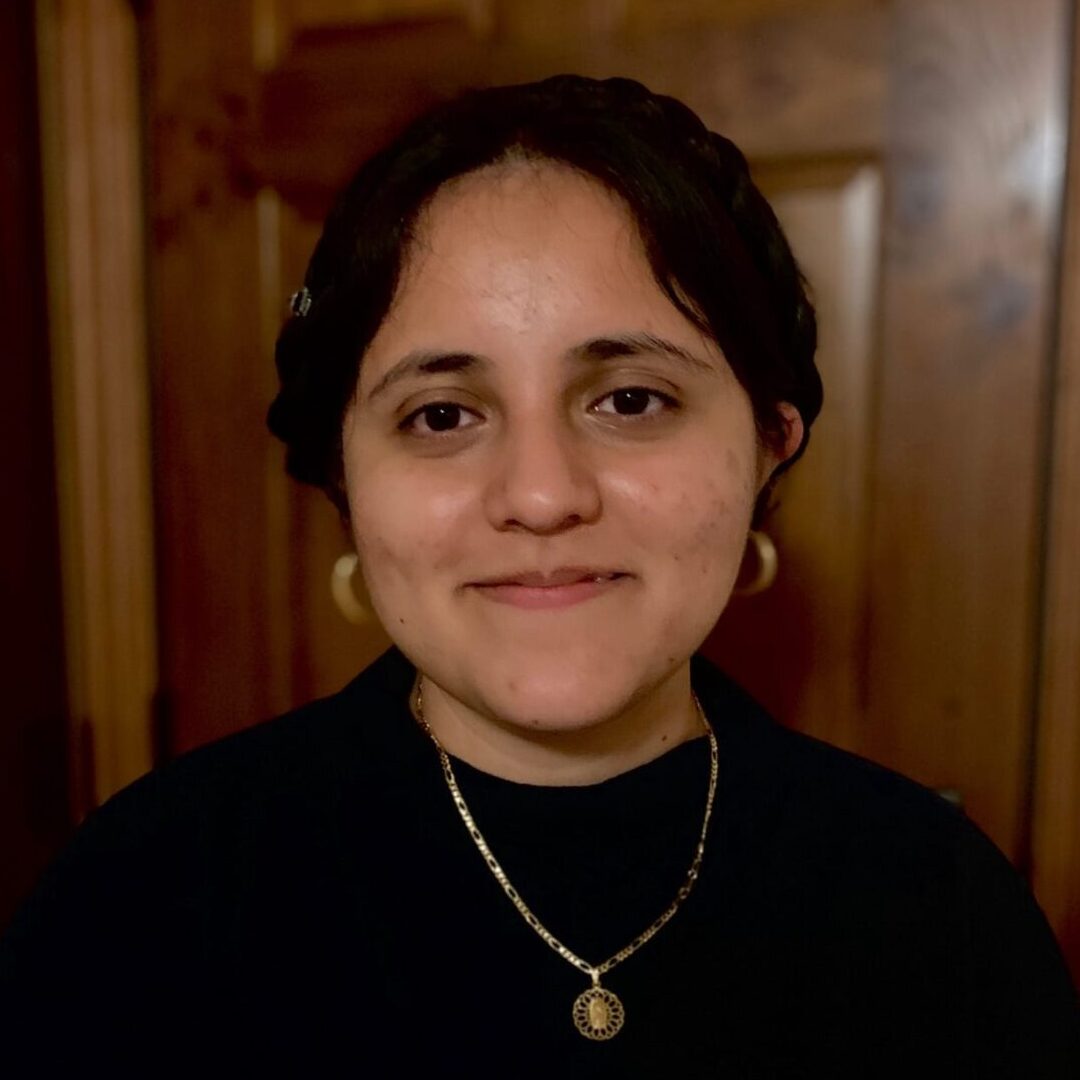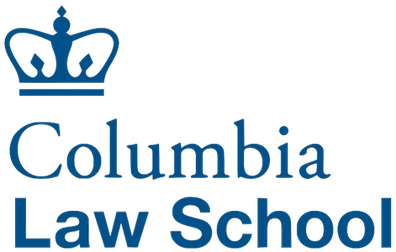$10k Scholarship Finalist

Alondra Vázquez

School secretary: “We’ll withdraw her from school, that will be easiest.”
I had been called out of my sixth-grade class and told I was leaving school early. In the school office stood my father and brother talking to the secretary. I was confused.
My family and I were leaving the country. It wasn’t planned and we didn’t know when we’d be back. Yet, my main worry that afternoon was my biology project due the next day. As my family packed, I rushed to finish a project for a class I was no longer a student in anymore.
That night, we left our apartment through a small back window because of paranoia over ICE surveilling us. We met my uncle at a nearby location to take us to the bus station. We went to Guatemala with my mother’s family before moving to Mexico. I never found out what grade I got for that project.
My experience with migration is composed of the unmediated politics of legality, citizenship, and labor dumped on me by US society at a young age. I was born just a few miles from the US-Mexico border. Because of this historical coincidence, my socio-political identity is drastically different from those of my family members. I am a first-generation low-income, Mexican-Guatemalan born in the US. I am the product of transnationalism, a process defined by a history of migration and enforced by borders. Borders have defined the status of my family for the entirety of my life. They have physically separated my family, while they have reinforced the rights I, as a US citizen, benefit from at their exclusion.
My story is not unique. I, like many other first and second-generation immigrants, learned to navigate life alongside mixed-status families. In doing so, I learned to listen. I listened to and translated for attorneys, I listened to voice box messages from my elementary school warning of ICE raids, and I listened to my cousin tell my family that my aunt’s remains had been identified in the Sonoran Desert. In these instances, I learned about the politics of migration. Now, these moments come to me as a collage of memories I put together in my work and I know will make me a better lawyer.
Through higher education, I began connecting the dots. I re-connected disparate histories and distant memories suppressed by war, imperialism, and forced migration. It is not a coincidence my Mexican migrant father followed the footsteps of his Bracero uncles. Nor is it a coincidence my cousins continue leaving Guatemala for the same reasons my mom did during the later years of the Guatemalan Civil War. I believe my prior education as an ethnic studies student and a migration studies graduate student will enhance my future litigation and policy efforts. I am committed to defending undocumented migrants, to working against the global for-profit border industrial complex, and to pushing for policy that understands migration is not a crisis but a lasting phenomenon.
I have distant cousins who found out I was going to law school and then called my mom to ask if I could take on their case right now. Some closer relatives have texted me directly to ask about everything from adjustment of status to what rights they have concerning forced eviction. I already know what I will be doing after I pass the bar exam and that is legally representing my family and those like them. My career goal is to become an immigration attorney that is financially accessible, culturally cognizant, and who I would want my family to have represent them.
I chose Columbia Law School because of their faculty, fellowship opportunities, and emphasis on pro-bono work.
I would like to thank my family and professors for helping me get to where I am. Amá y Apá gracias por su paciencia y apoyo durante todos estos años de estudio. Mi comunidad (familiares y amistades), gracias por sus oraciones. Gardo and Quique, thanks for holding it down in my absence. Lastly, thank you to the ER&M department for fueling my passion toward justice further and to Professor Hernández for all of the help and guidance.
Higher academia in several ways can still feel worlds apart from my reality as a person from a family that survives on the day-to-day. I recognize my fortune in having access to an education I truly could have never imagined five years ago. However, had it not been for scholarships, I wouldn’t have been able to carry-on with my studies at any level. The One Lawyer Can Change the World Scholarship is important to me because it would greatly lessen the financial worries concerning accessing a law school education and becoming an attorney.